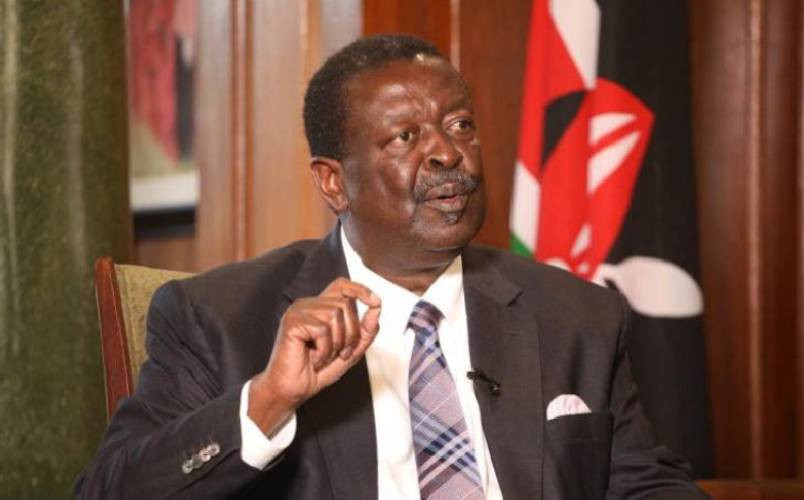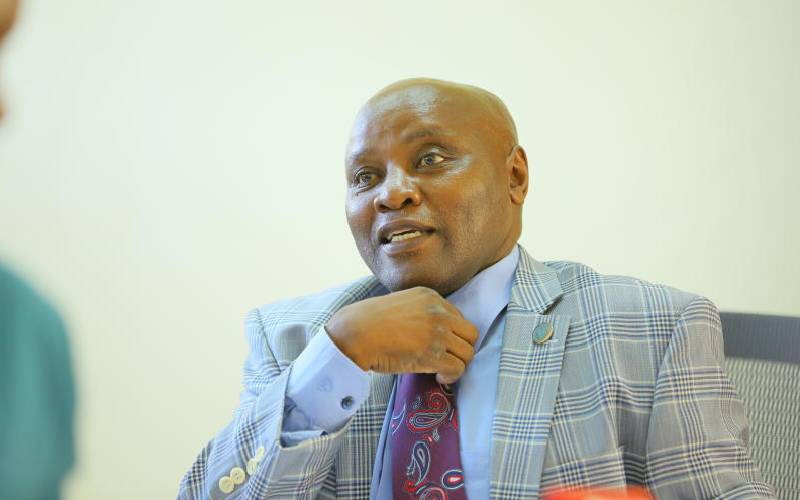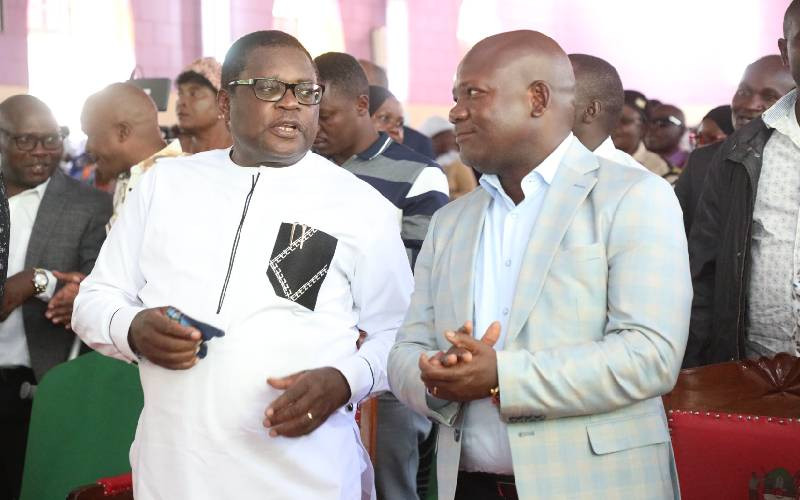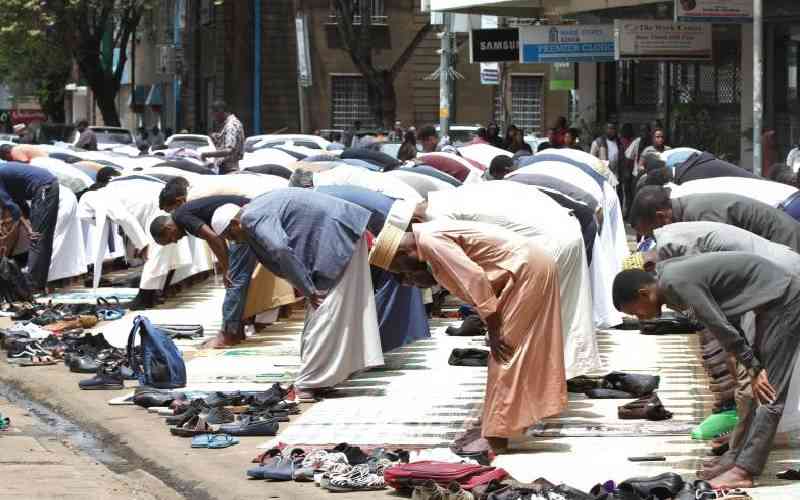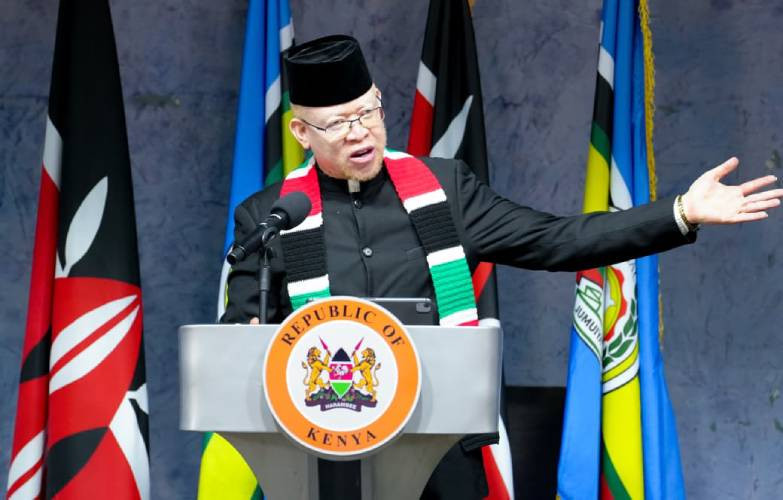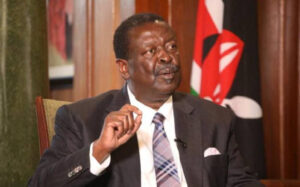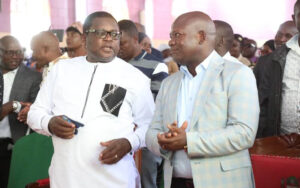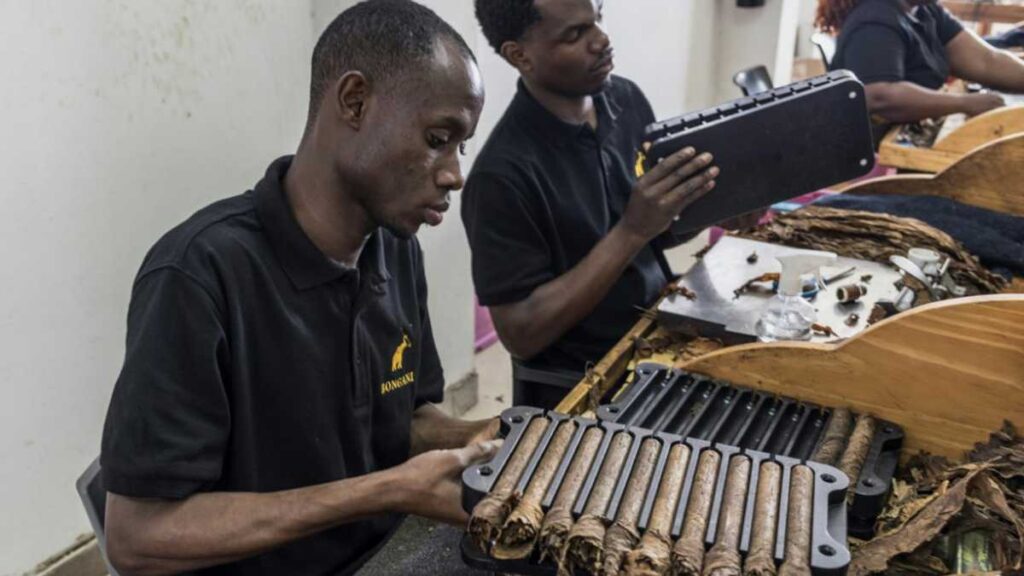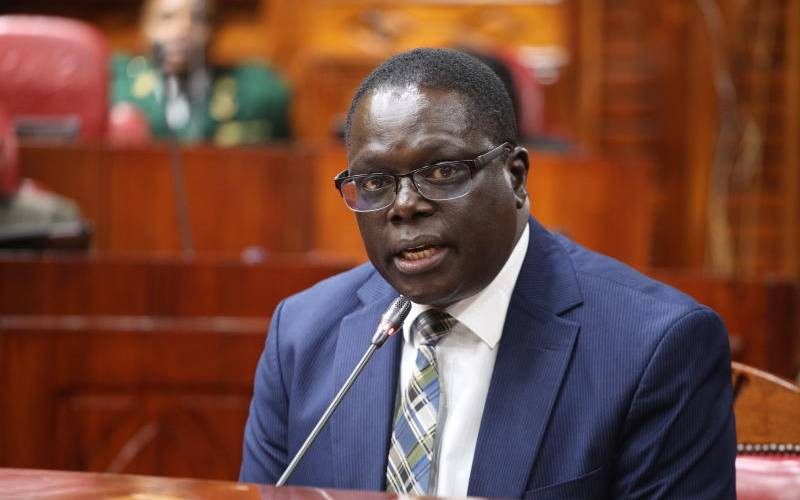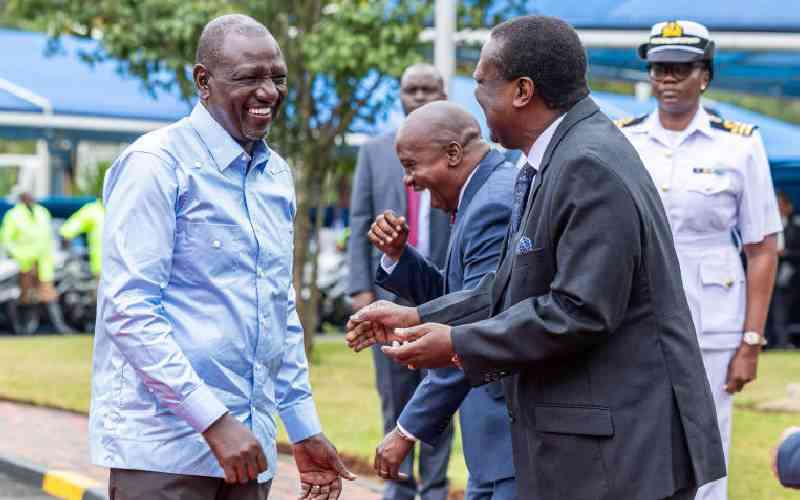The government has highlighted significant progress across key sectors under the Bottom-Up Economic Transformation Agenda (BETA.
In a statement issued by the Government Spokesperson at Harambee House Annex on Monday, the Kenya Kwanza leadership listed various sectors that have been transformed to the benefit of mwananchi.
Under Agriculture, Mwaura says the price of maize flour dropped by 34 percent, easing the cost of living for households.
“More than seven million farmers have been registered on a digital database, while 21 million bags of fertilizer have been distributed nationwide,” he added.
At the same time, Mwaura said coffee earnings have risen by 52 percent, tea by 40 percent, and sugar by 76 percent.
“Support has also been extended to farmers of edible oils, rice, nuts, cotton, and pyrethrum, boosting productivity and household incomes,” he noted.
On jobs and youth empowerment, the government reported the formalization of 2.25 million small businesses and the upgrading of 31 Constituency Industrial Development Centres, creating over 9,000 jobs.
“Youth entrepreneurs are benefitting from cold storage facilities, incubation hubs, and county trade fairs that are expanding market access,” he added.
Under the controversial affordable housing project, the Government spokesperson stated that construction of 161,911 housing units is underway, up from 8,872 in 2022.
“The programme has generated more than 330,000 jobs in the construction and Jua Kali sectors, with Sh 4.4 billion earmarked for artisan support,” Mwaura told journalists.
Over 1,000 Jua Kali workers have been certified to supply materials, while 3,855 affordable mortgages have been issued to Kenyans.
According to him, a total of 25.8 million Kenyans are now registered under the Social Health Authority, compared to 8 million in 2022.
“We have deployed 100,000 community health promoters, upgraded more than 350 hospitals, and digitized 10,582 facilities. Investments in cancer centres and nationwide screenings have also strengthened public health services,” he added.
On the digital economy, the Kenya Kwanza administration noted that Kenya’s digital transformation is accelerating, with 3.5 million locally assembled smartphones in circulation.
The laying of 30,000 km of fibre optic cable has enabled 1,578 public Wi-Fi hotspots and 404 digital hubs. More than 21,000 government services have been digitized on e-Citizen, raising daily revenues from Sh 60 million to between Sh 700 million and Sh 1 billion.
Stay informed. Subscribe to our newsletter
The government also noted that enrollment in TVET institutions has doubled to 718,000 students, up from 340,713. The mining sector has been strengthened through three new laboratories and increased support for artisan mining cooperatives.
“Kenya has signed more than 200 bilateral agreements, bolstering international cooperation and trade. Diaspora remittances hit a record Sh 660 billion, while high-level engagements have expanded the country’s global influence,” Mwaura stated.
Tourism and Wildlife remain a key sector that has registered strong growth, with 2.42 million international arrivals and earnings of Sh 462.21 billion, reflecting renewed investment in tourism and wildlife conservation.


